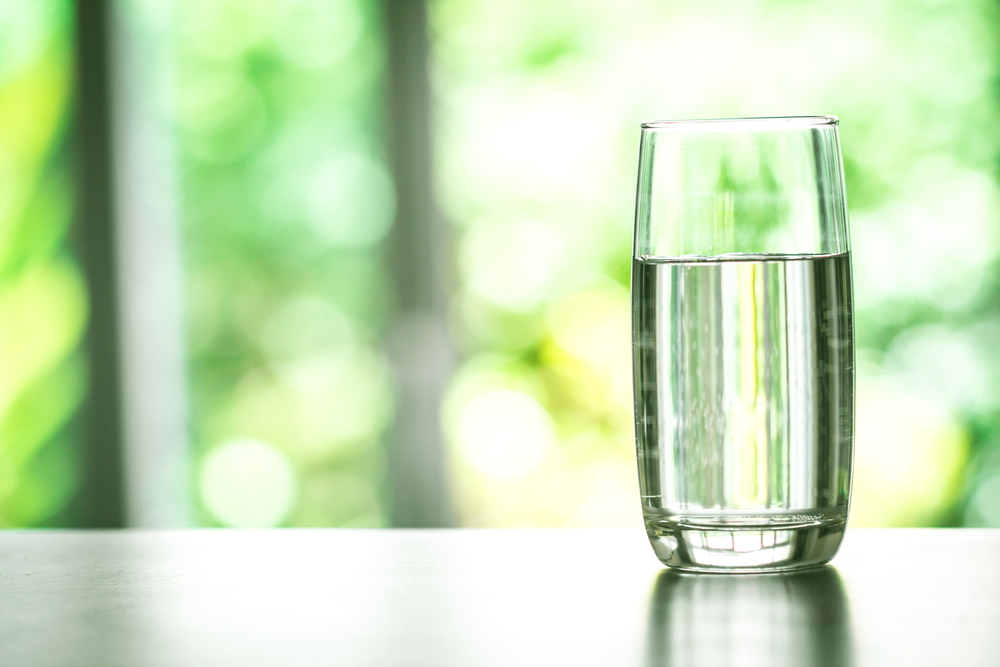Hydration is a key aspect of maintaining good health, yet it’s often overlooked, especially as we age. Adequate hydration is essential for various bodily functions, including regulating body temperature, keeping joints lubricated, and ensuring that organs function properly. In this article, we’ll delve into the significance of staying hydrated, the impact of dehydration on health, and practical tips to increase daily water intake.
Understanding the Importance of Hydration
Water makes up about 60% of the human body, and even slight dehydration can affect physical and cognitive functions. As we age, our sense of thirst diminishes, making it even more crucial to consciously monitor our fluid intake.

Impact of Dehydration on Health
Dehydration can lead to various health issues, including:
- Urinary tract infections
- Kidney stones
- Constipation
- Fatigue and decreased energy levels
- Impaired cognitive functions
Daily Hydration Needs
While the commonly suggested eight glasses a day is a good starting point, hydration needs can vary based on factors like age, activity level, climate, and overall health. It’s important to adjust your intake accordingly.

Tips for Increasing Water Intake
- Start Your Day with Water: Begin your morning with a glass of water to kickstart hydration.
- Carry a Water Bottle: Having water readily available encourages more frequent sipping throughout the day.
- Flavor Your Water: If you find plain water unappealing, add natural flavors like lemon, cucumber, or mint.
- Eat Hydrating Foods: Incorporate fruits and vegetables with high water content into your diet, such as cucumbers, tomatoes, oranges, and watermelon.
- Set Reminders: Use your phone or smartwatch to remind you to drink water regularly.
- Monitor Your Intake: Keep track of how much water you’re drinking to ensure you meet your daily goals.

Staying Hydrated in Different Seasons
Hydration needs can change with the seasons. In warmer weather or during increased physical activity, you may need to drink more to compensate for fluid loss through sweating.

Staying adequately hydrated is a simple yet effective way to support overall health and well-being. By making conscious efforts to drink enough water and eat hydrating foods, you can maintain optimal hydration levels, contributing to better health and vitality.
Up Next
In our upcoming article, we’ll explore the benefits of mindful eating and how it can enhance your overall wellness journey. We’ll discuss techniques for eating mindfully, the impact of mindful eating on health, and how to incorporate this practice into your daily routine. Join us as we continue to explore practical and effective ways to nurture your health and well-being.

